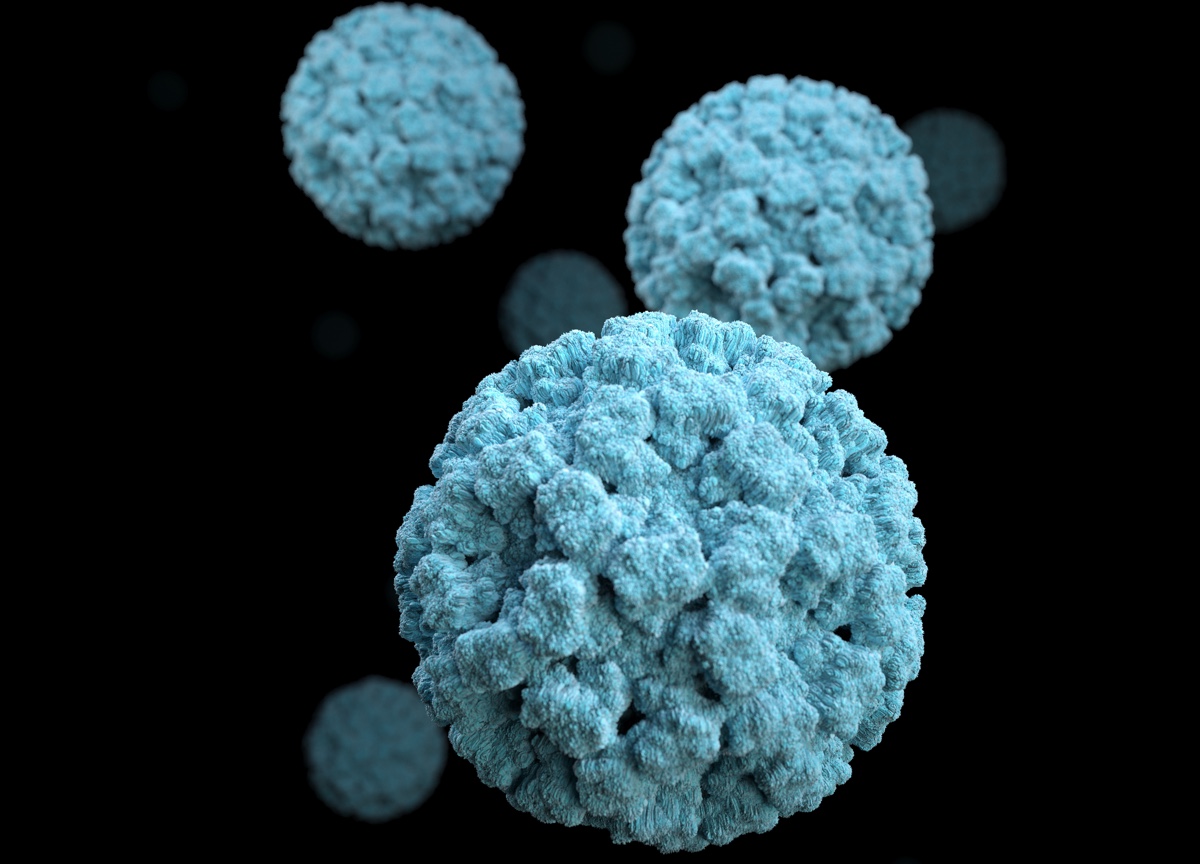Here's the Best Way to Protect Yourself from a Norovirus Outbreak

It's a vacation nightmare: You board a cruise ship for a weeklong getaway, only to have an outbreak of norovirus, or a "stomach bug," take the ship by storm.
But aside from barricading yourself in your cabin, what's the best way to protect yourself in the midst of a norovirus outbreak?
In a new study, researchers employed some fairly complicated math to find a pretty simple answer to that question: Wash your hands. [Top 7 Germs in Food that Make You Sick]
"When your mother told you to always wash your hands before coming to the dinner table … she was right," study lead author Sherry Towers, a professor at Arizona State University's Simon A. Levin Mathematical, Computational and Modeling Sciences Center, said in a statement.
Norovirus is a highly contagious stomach virus that causes diarrhea and vomiting. It can spread from person to person — for example, by shaking hands, or caring for someone who is sick — or by eating contaminated food or touching contaminated surfaces.
Norovirus is well-known for causing outbreaks in settings where people share close quarters, such as at conventions, at the Olympics, and yes, on cruise ships. In 2017, the Centers for Disease Control and Prevention documented nine norovirus outbreaks on cruise ships that sickened hundreds of people.
Viral math
To better understand these outbreaks and how to prevent them, the researchers created a mathematical model of a norovirus outbreak using data from a cruise ship outbreak in 2002 that sickened more than 400 passengers and crew on two consecutive cruises.
Sign up for the Live Science daily newsletter now
Get the world’s most fascinating discoveries delivered straight to your inbox.
First, the researchers calculated the "reproduction number," or the average number of people infected by a single sick person in a susceptible population.
They found that, for this outbreak, the reproduction number was 7.2. That's fairly high; for comparison, the reproduction number for seasonal flu is about 1.3, according to a 2014 review study.
In the new study, most of the transmission occurred from person to person, rather than through contact with the environment, the researchers said. In addition, about 30 percent of infected passengers didn't show symptoms, meaning they could spread the illness without appearing sick. This high proportion of asymptomatic people means that measures such as self-quarantine aren't always effective at stopping an outbreak, the researchers said. [27 Devastating Infectious Diseases]
In addition, because the virus is so hardy, it's difficult to kill on surfaces, and it takes only a few virus particles to make you sick, Towers said. Even with the most stringent cleaning "it is next to impossible to remove all the virus from contaminated surfaces," Towers said.
The researchers estimated that rigorous environmental cleaning would reduce the size of a norovirus outbreak by 60 percent at the most.
But rigorous handwashing, on the other hand, could, theoretically, reduce the size of the outbreak by 100 percent, meaning it could entirely prevent an outbreak, the researchers found.
"Since the primary route for infection is hand-to-mouth contact, you can't be infected if you wash your hands thoroughly before eating or touching your face," Towers said.
To completely prevent an outbreak, everyone would need to wash their hands rigorously before eating or touching their face, which doesn't always happen in real life, the researchers said.
But the researchers suggested that signs in bathrooms or entrances to cruise ship eating areas that promote the importance of handwashing could be useful for preventing outbreaks, "particularly if the signs stress the probable loss of quality vacation time for passengers who fall ill," the researchers wrote in their paper. The signs could also point out "that studies have shown that passengers who do not wash their hands before eating are much more likely to fall ill," the researchers said.
Towers recommended that people scrub their hands for at least 20 seconds with soap and water before eating and after using the bathroom or touching a potentially contaminated surface.
The study was published online yesterday (March 6) in the journal Royal Society Open Science.
Original article on Live Science.

Rachael is a Live Science contributor, and was a former channel editor and senior writer for Live Science between 2010 and 2022. She has a master's degree in journalism from New York University's Science, Health and Environmental Reporting Program. She also holds a B.S. in molecular biology and an M.S. in biology from the University of California, San Diego. Her work has appeared in Scienceline, The Washington Post and Scientific American.











